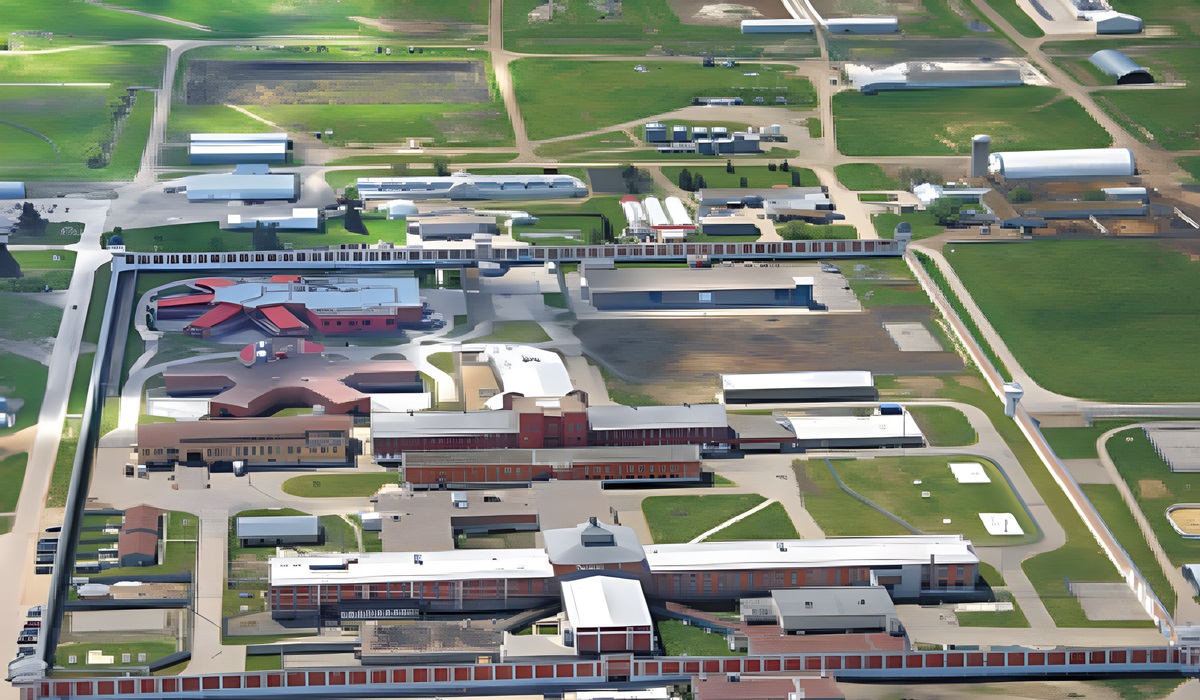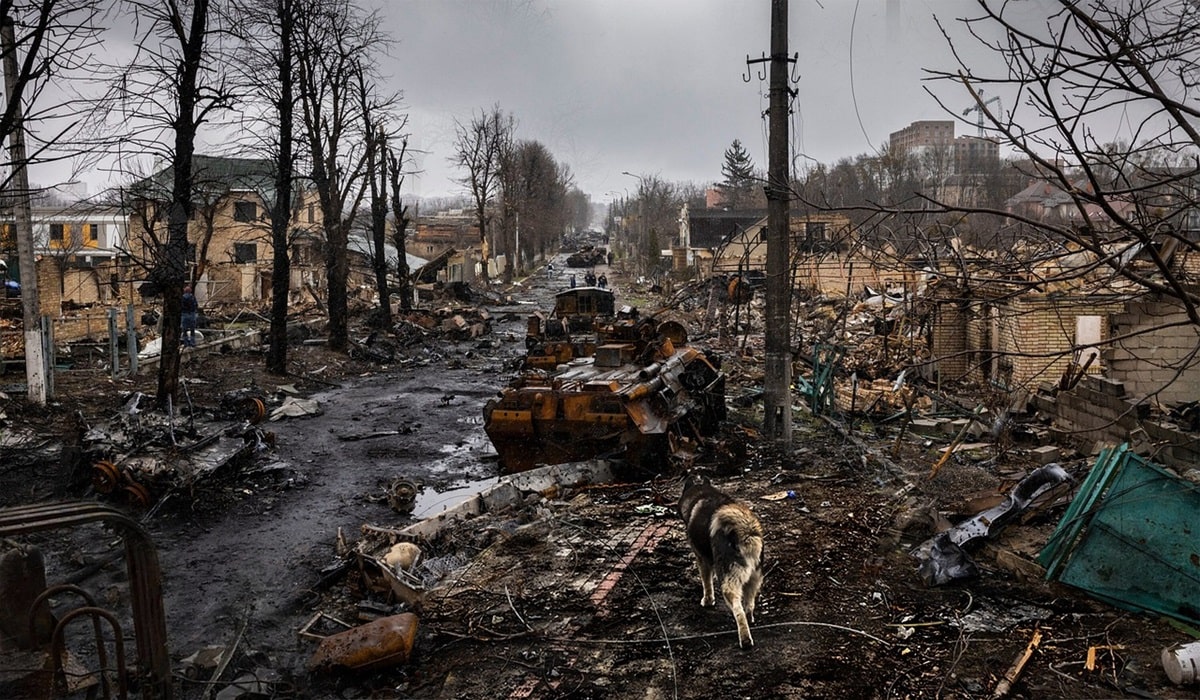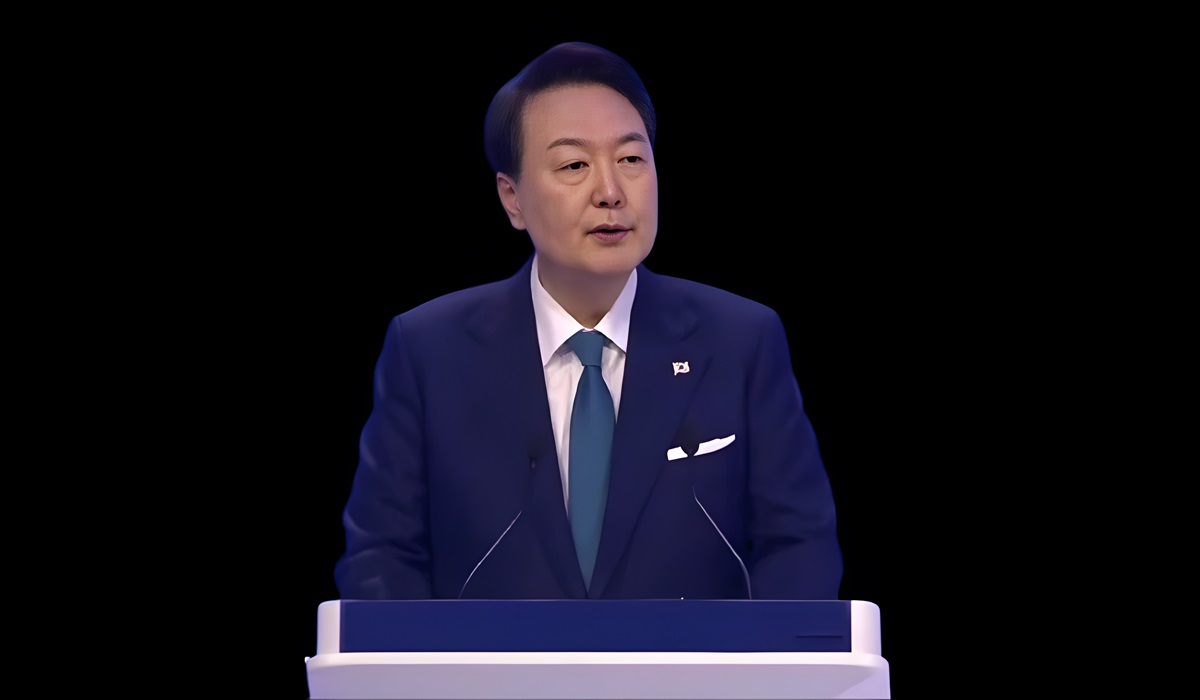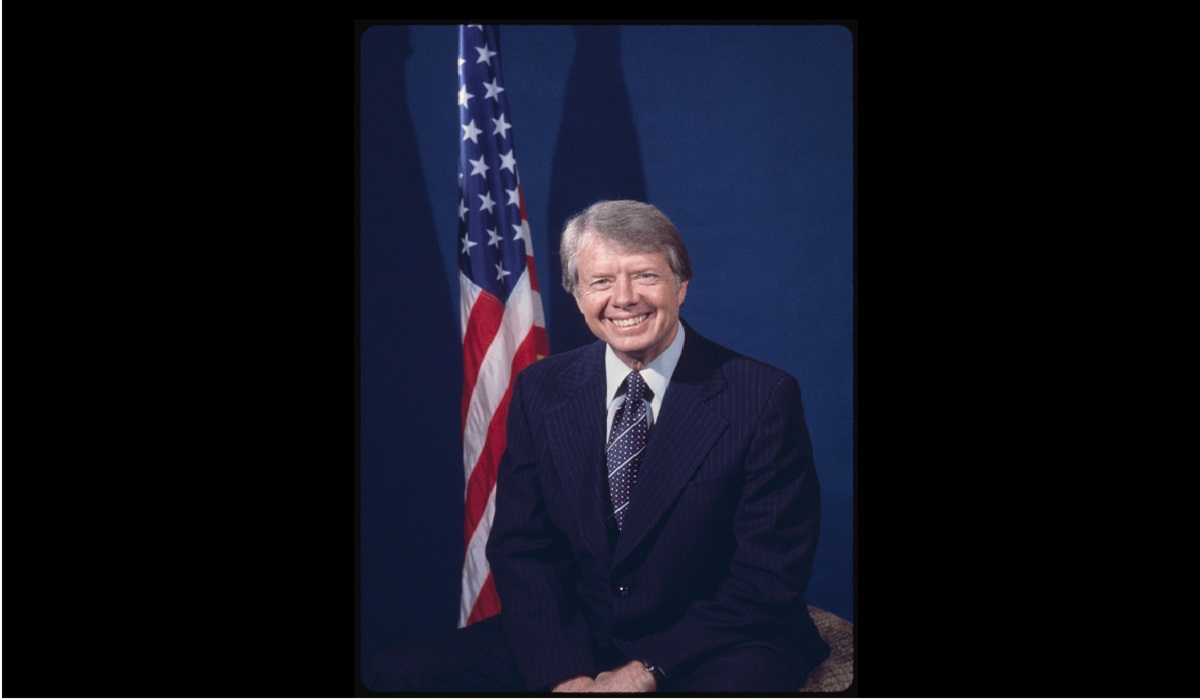Unravelling: Signs of Fatigue, Cast Doubts on Poilievre’s Ability to Handle Role of Prime Minister
- TDS News
- Breaking News
- June 30, 2023

Pierre Poilievre’s recent trip to Nova Scotia, where he aimed to promote clean fuel regulation, presented a concerning display of a leader plagued by exhaustion and dejection. His worn-out appearance conveyed a sense of weariness, defeat, and an overwhelming burden. These circumstances cast doubts on his ability to lead the country, particularly as he is not even the prime minister. Observing his struggle to maintain composure while discussing clean energy raises legitimate concerns about his capacity to address the multifaceted challenges of governance effectively.
As the summer break from Parliament approaches, it becomes increasingly evident that Poilievre desperately needs rejuvenation. His weariness and longing for a vacation couldn’t have come at a more opportune time. Should he aspire to be a leader, Poilievre must learn the art of governing for the benefit of all, transcending partisan lines. Rather than expending energy on strategies that divide the country further, he would be better served to channel his efforts into uniting Canadians. This redirection of negative energy could prove transformative for his leadership style.
The recent press conference further illuminated Poilievre’s unpreparedness to assume the mantle of a national leader. The qualities required for effective leadership extend beyond mere exhaustion and dejection; they necessitate projecting strength, resilience, and the ability to instill confidence in the populace. Unfortunately, Poilievre’s appearance during the event fell short of meeting these expectations. A true leader inspires trust and rallies the nation behind their vision, but Poilievre’s weariness and defeat undermined the credibility and efficacy of his leadership potential.
Poilievre’s struggle to maintain composure while discussing clean energy highlights a larger concern regarding his political approach. Successful governance demands engaging with individuals from diverse backgrounds, ideologies, and perspectives. Building consensus and forging alliances are indispensable in a democratic society. Regrettably, Poilievre’s actions and demeanour suggest a hesitancy to engage constructively with those with differing viewpoints. This narrow approach to politics alienates potential supporters and undermines his capacity to lead the nation effectively.
Given the reservations regarding Poilievre’s leadership potential, it is likely that Canadians will voice their discontent with his style of politics in the next election. The electorate seeks leaders who inspire, unite, and effectively address the challenges faced by the nation. The role of a leader is to represent and serve the entire country, regardless of political affiliation. Unfortunately, Poilievre’s current approach, marred by weariness and dejection, fails to meet the standards expected of a true leader.
If he struggles to look engaged and energized discussing clean energy, it calls into question his ability to effectively tackle the intricate challenges of governance. The critical examination of Poilievre’s leadership potential suggests that Canadians may reject his political style in future elections, opting for leaders who can inspire, unite, and govern for the betterment of the entire nation.








